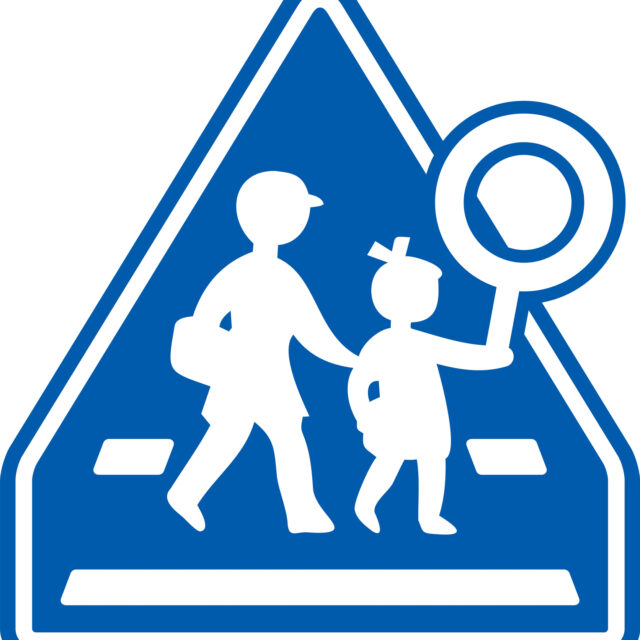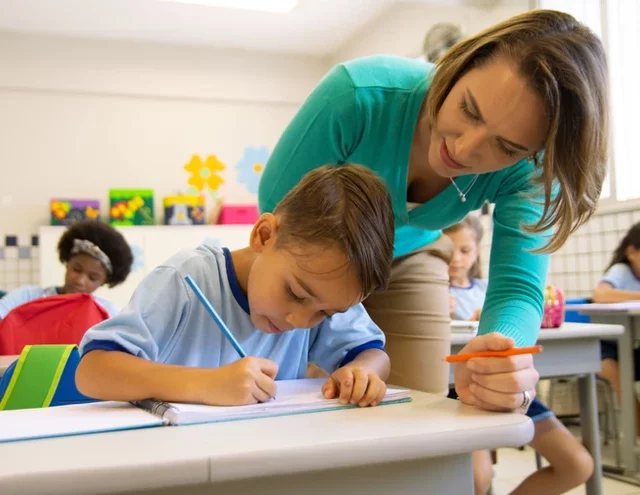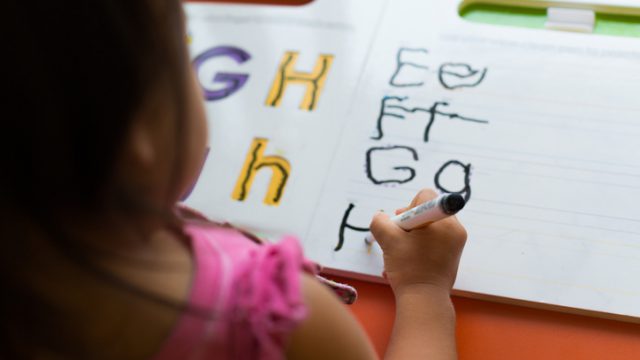Supervising Designated Safeguarding Leads in Schools: Focus on Domestic Abuse
This project aims to explore the experiences of identifying and responding to domestic abuse among Designated Safeguarding Leads (DSLs) in schools, and the effect regular supervision sessions from a social worker had (if any) on schools’ ability to identify and respond to domestic abuse issues.

Summary & aims
This project explored the confidence and ability of Designated Safeguarding Leads (DSLs) in schools to identify and respond to domestic abuse cases.
It seeks to answer three specific research questions:
- How useful have DSLs found previous training and support around safeguarding children from domestic abuse?
- How confident and prepared do DSLs feel in identifying and responding to domestic abuse?
- Do DSLs perceive any impact on their ability to identify and respond to domestic abuse, as a result of taking part in the DSL supervision programme?
Methodology
We used a mixed-methods approach that drew on data collected from interviews, focus groups and surveys as part of the implementation and process evaluations (IPEs) of two programmes where DSLs and other school safeguarding staff received regular supervision sessions with a social worker. The programmes were conducted in primary and secondary schools, and fieldwork for the IPEs took place at the end of the interventions in May-July 2022. The final section of the surveys, interviews and focus groups included questions aimed specifically at answering the research questions related to domestic abuse.
The project started in March 2022 and finished in June 2023.
Findings and Recommendations
- DSLs who had received generalised safeguarding training found the content on domestic abuse too general. Those that had received specialised training said it was useful but was often a ‘one-off’ and the content, provider and delivery of training varied.
- DSLs confidence in dealing with domestic abuse cases varied. One of the most common themes was that DSLs found it challenging to identify domestic abuse cases, especially when children did not disclose a case or there were not clear visual clues.
- Many DSLs who had received the supervision programme had not covered domestic abuse in their sessions, which is not surprising as the intervention was not designed to have a domestic abuse focus. Around four in ten primary school DSLs and around three in ten secondary school DSLs receiving the training felt that the supervision and support from their supervising social worker had a positive impact on their ability and confidence in identifying and managing domestic abuse cases.
The findings point to the value of providing specific and regular training for DSLs, and for particular support around identifying domestic abuse, as well as in relation to some other key activities, such as how best to have conversations with pupils and families.
The study also highlights areas for future research, for example to improve understanding of the current landscape of domestic abuse training for DSLs, and in particular, which types of training are most effective. Future research could further explore which factors, outside of training, are associated with greater confidence and knowledge in identifying and managing domestic abuse among DSLs, and strategies and interventions that may improve this.
Co-Investigator


























